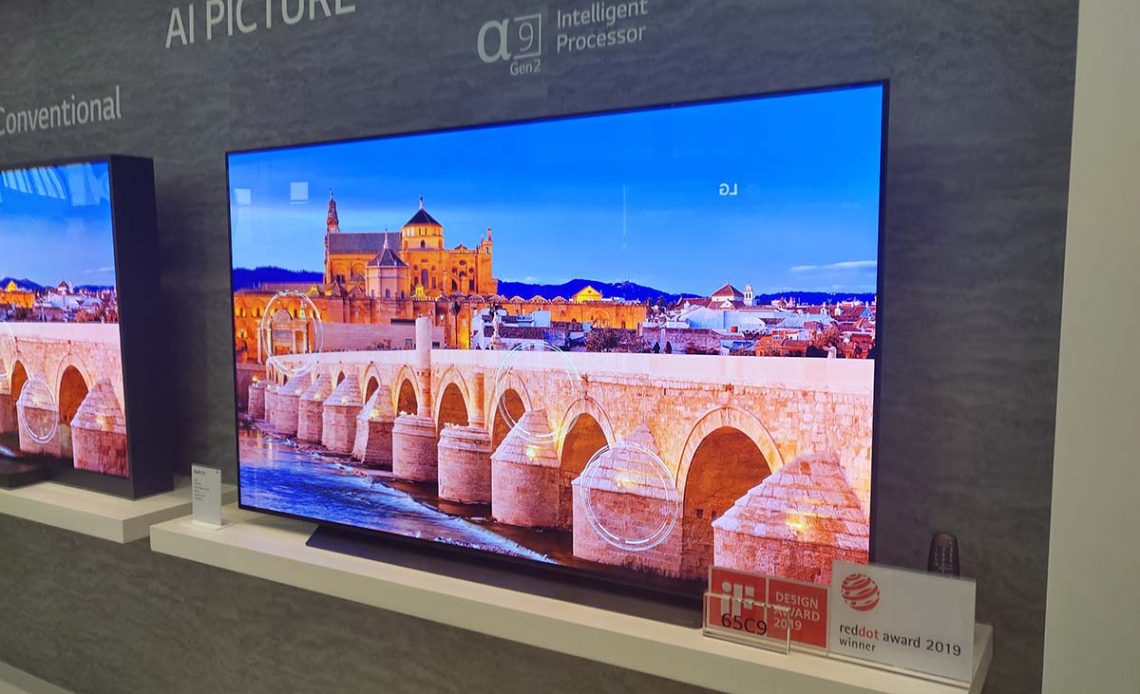
As television technology continues to advance, consumers are faced with an increasing number of options when it comes to purchasing a new TV. One of the most significant decisions that people must make is whether or not to invest in a 4k TV. TCL recently unveiled its 4K Mini LED and QLED TVs in Kenya. In this article, we’ll explore the key considerations that you should keep in mind when deciding whether or not to invest in a 4k TV.
What is a 4k TV?
Before diving into the pros and cons of 4k TVs, it’s important to understand exactly what we mean by a “4k TV.” 4k, also known as Ultra HD or UHD, refers to the resolution of a television screen. Specifically, a 4k TV has a resolution of 3840 x 2160 pixels, which is roughly four times the resolution of a 1080p HDTV. This means that 4k TVs are able to display much more detailed and lifelike images than their 1080p counterparts.
Benefits of 4k TVs
One of the primary benefits of 4k TVs is their ability to display incredibly detailed and lifelike images. The increased resolution allows for greater clarity and definition, which can be especially noticeable when watching high-quality content like 4k movies or TV shows.
In addition to the improved image quality, 4k TVs also offer a wider range of colors and improved contrast ratios. This means that the images on a 4k TV will generally look more vibrant and realistic than those on a 1080p TV.
Another benefit of 4k TVs is that they are generally more future-proof than 1080p TVs. As more and more content becomes available in 4k resolution, having a 4k TV will ensure that you’re able to take full advantage of the latest and greatest in video technology.
Drawbacks of 4k TVs
While there are certainly a number of benefits to investing in a 4k TV, there are also some drawbacks to consider. One of the primary drawbacks is the cost. 4k TVs tend to be significantly more expensive than 1080p TVs, so you’ll need to weigh the added cost against the benefits that a 4k TV offers.
Another potential drawback is that you’ll need to have access to 4k content in order to fully take advantage of your 4k TV. While there is a growing selection of 4k content available, it’s still not as widely available as 1080p content. This means that if you don’t have access to a lot of 4k content, you may not see as significant of an improvement in image quality as you would with a 1080p TV.
Finally, it’s worth noting that the difference in image quality between a 4k TV and a 1080p TV may not be as noticeable on smaller screens. If you have a small TV in a bedroom or office, for example, you may not see a significant difference in image quality between a 4k TV and a 1080p TV.
Do you need a 4k TV?
Ultimately, whether or not you need a 4k TV will depend on your individual circumstances and priorities. If you’re a movie buff or a hardcore gamer, for example, you may be willing to pay extra for the improved image quality and wider range of colors offered by a 4k TV. On the other hand, if you have a small TV in a bedroom or office, or if you’re on a tight budget, a 1080p TV may be a more cost-effective choice.
In conclusion, while 4k TVs offer a number of benefits, including improved image quality, wider color range, and greater future-proofing, they also tend to be more expensive than 1080p TVs. Whether or not a 4k TV is right for you will depend on your individual needs and priorities.
Read: LG to allow other Smart TV manufacturers to use webOS

